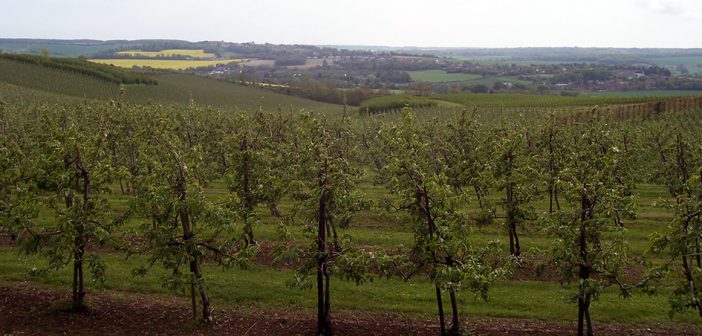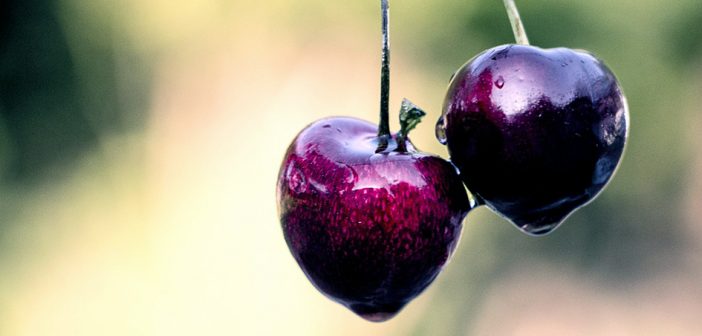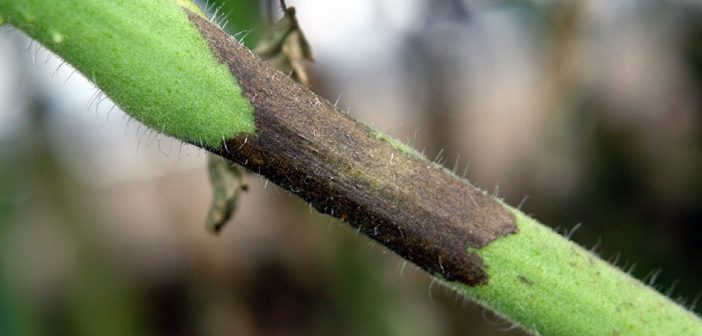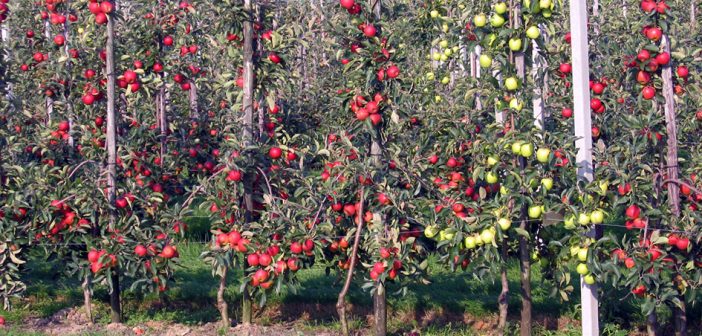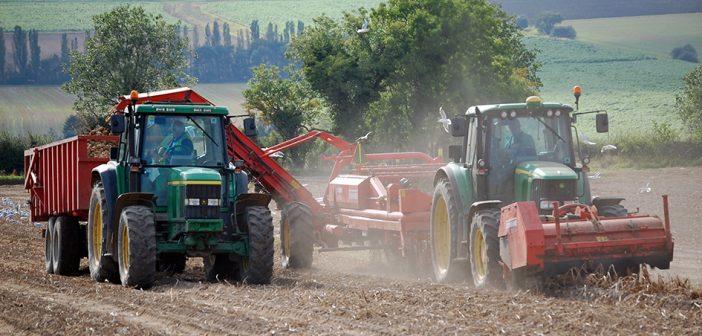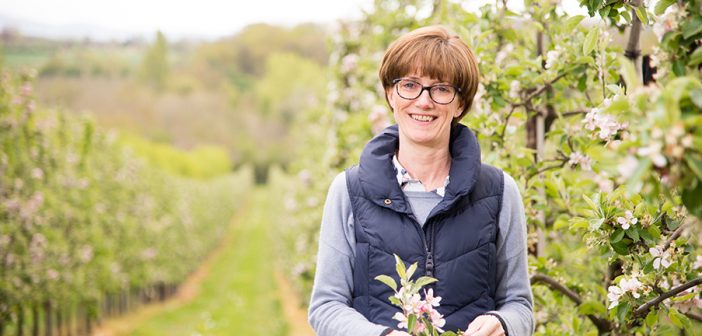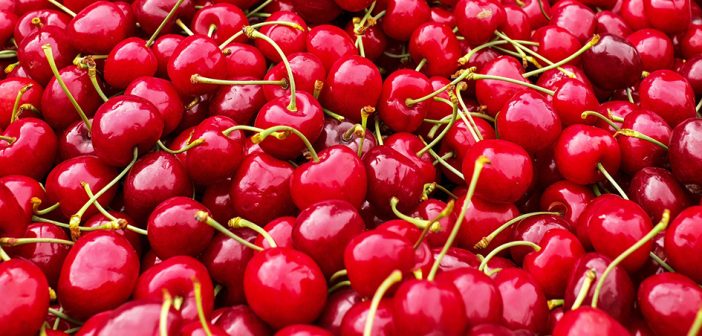The Covent Garden Tenants’ Association (CGTA), which represents wholesalers based in the market, has begun a legal appeal at the High Court to prevent the redevelopment of New Covent Garden Market, which has been ongoing for some time.
Speaking to reporters, CGTA chairman Gary Marshall, who is also managing director of wholesaler Bevington Salads, said that the relationship between the market and its traders was at an “all-time low.”
CGTA, which claims to represent around 90 per cent of the traders at New Covent Garden, said the move came as a last resort due to the “unwillingness” of the Covent Garden Market Authority (CGMA) and its development partners Vinci UK and St. Modwen (VSM) to “cooperate, consult and disclose information.” A particular flash-point has been the Southern Vehicle Car Park, which was closed off at the start of October; something which CGTA says has severely disrupted trading activity in the market as customers have been unable to park.
Gary Marshall said, “What they are considering building is simply not fit for purpose. Customers are openly writing to us to say they might have to go elsewhere because they can’t operate effectively from NCGM,” revealed Marshall. “If traders at NCGM can’t do the job, someone from New Spitalfields or Western will. It’s put business continuity at great risk.”
GGMA CEO Daniel Tomkinson said, “We regret that some of our valued tenants have seen fit to take this action, and we hope to resolve this issue as quickly as possible. In the meantime, we will continue work on the much-needed development of the Fruit and Vegetable Market.”

Photo Credit: Wikimedia The post New Covent Garden traders take market to court appeared first on Hort News
